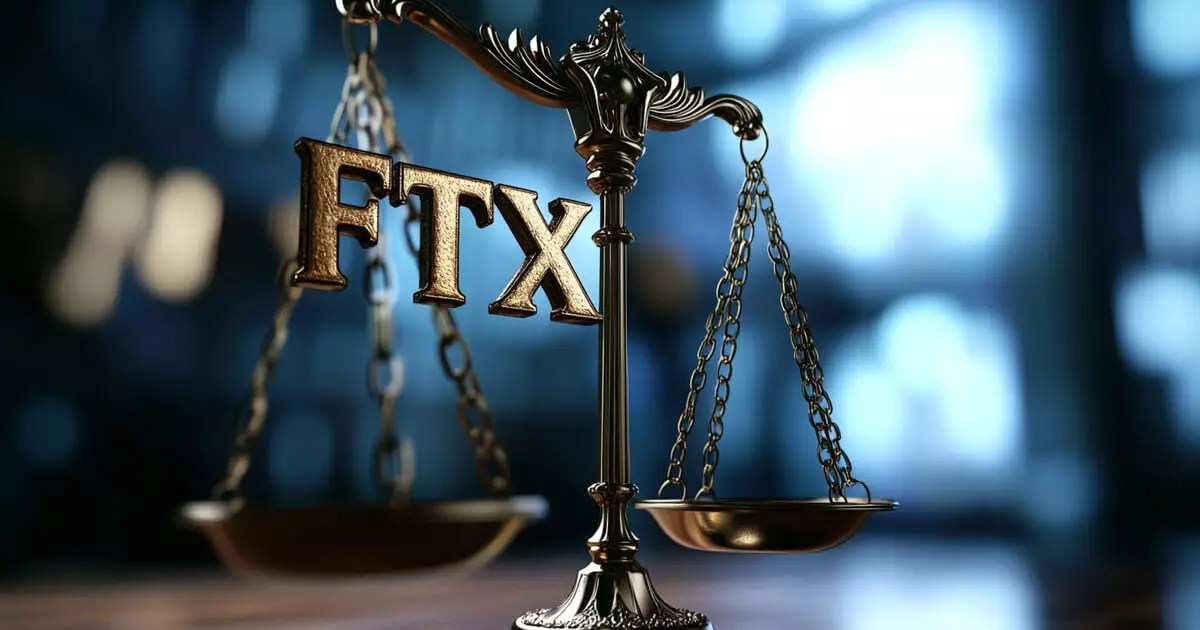The downfall of FTX, once a leading cryptocurrency exchange, has cast a long shadow over the crypto industry, invoking a mixture of scandal and regulatory scrutiny. Central to this saga is the unraveling of trust among investors, users, and stakeholders, prompting investigations into the management and operational practices at FTX. With former executives facing serious legal ramifications, the role of cooperation from insiders like Nishad Singh could prove pivotal in determining both accountability and future regulatory frameworks.
In a recent court filing dated October 23, US prosecutors presented a compelling argument advocating for reduced sentencing for Nishad Singh, the former executive at FTX. They underscored his “substantial assistance” during the investigation, characterizing his engagement as marked by genuine remorse and a sincere desire to assist the authorities. This portrayal highlights Singh’s proactive stance in helping to unravel the complexities surrounding FTX’s operations and the misuse of customer funds, which has become a critical focus of legal inquiry.
The prosecutors detail Singh’s significant contributions, including his disclosures about unlawful financial practices led by fellow FTX executives Sam Bankman-Fried and Ryan Salame. Notably, he revealed intricate details about the misappropriation of customer funds and significant campaign finance violations. Singh’s actions not only exposed historical financial misconduct but also provided a roadmap for the prosecution to understand the systemic failings within FTX’s hierarchy.
The prosecutors’ request for leniency leans heavily on Section 5K1.1 of the US Sentencing Guidelines, which permits judges to reduce sentences for defendants who provide substantial assistance in the investigation or prosecution of criminal activity. This legal provision underscores the justice system’s recognition of cooperation as a valuable contributing factor in legal proceedings. The latitude given to sentencing judges indicates that variations in cooperative behavior and the importance of the information shared can lead to significantly different outcomes for defendants involved in similar crimes.
Singh’s legal team has posited that his limited role in the actual collapse of FTX, coupled with his efforts to aid the investigation, justifies a minimally punitive outcome, even suggesting a “time served” sentence. As the court approaches his scheduled sentencing on October 30, the nuances of his cooperation will likely weigh heavily in the judge’s deliberations.
Singh’s cooperation serves as a critical element in the overarching narrative of accountability and ethics in the rapidly evolving cryptocurrency landscape. His case raises important questions about the responsibilities of corporate executives and highlights the growing expectation for transparency and regulatory compliance within the industry. As the legal repercussions for FTX unfold, the outcomes for Singh and his counterparts may set precedent not only for individual accountability but also for the collective governance and integrity of the cryptocurrency markets. The ramifications of these cases will extend beyond the courtroom, informing both public sentiment and regulatory action in a sector still grappling with trust and legitimacy.








